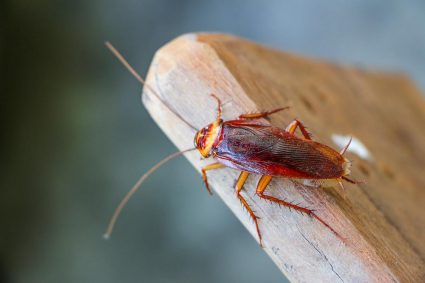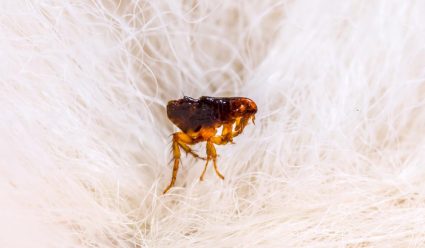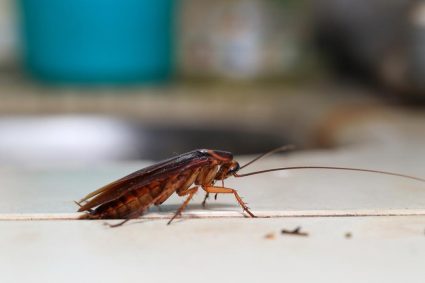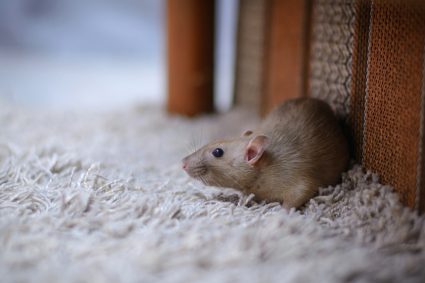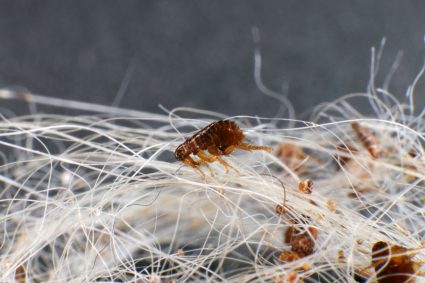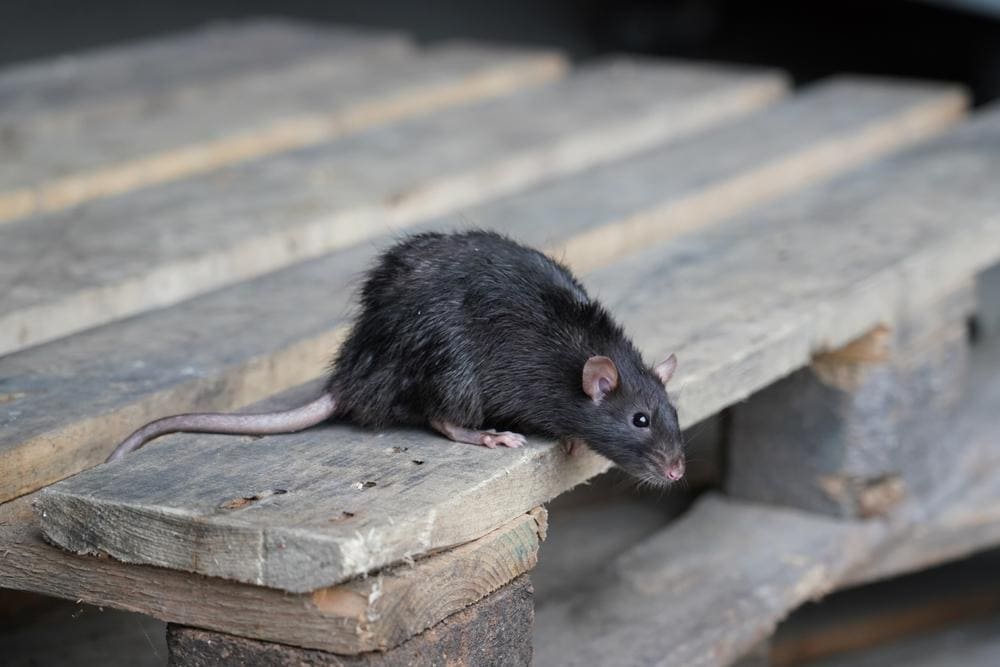
Rats can be a nuisance and a health risk, making it crucial to keep them out of your home. In this comprehensive guide, we’ll take an in-depth look at what repels rats inside, from natural remedies to commercial products and DIY mixtures. By the end of this article, you’ll have a wealth of knowledge on how to effectively keep these pests at bay.
Rats can be repelled from inside your home by using essential oils like peppermint, eucalyptus, and geranium, DIY repellent mixtures made from ingredients like garlic cloves, castor oil, and cayenne pepper, and ultrasonic rat repellers. Additionally, maintaining cleanliness, sealing potential entry points, and setting up traps can help keep rats away. If the infestation persists, professional pest control services may be necessary.
The Most Effective Rat Repellents
Several methods can be employed to repel rats inside your home. Here are some of the most effective ones:
Essential Oils
Rats are repelled by strong scents. Essential oils like peppermint, eucalyptus, and geranium oil can deter rats. You can place these oils on cotton balls and put them in areas where rats may enter your home. However, the smell fades after a few days and will need to be replenished.
DIY Repellent Mixtures
You can create a potent repellent recipe using minced garlic cloves, castor oil, soap, tabasco, and water. Spray this mixture all around your home to keep the rats away. Another DIY repellent can be made with cayenne pepper and water. Mix these ingredients together and spray it on areas where you want to keep rodents away.
Ultrasonic Rat Repellers
These devices use high-frequency sound waves to create auditory distress for rodents, without disturbing people or pets. They are a non-toxic and non-intrusive method of pest control.
Cleanliness
Keeping your home clean can prevent rat infestations. Ensure that no food crumbs or residue are available around your home. Also, remove clutter from your home and move stuff away from the walls.
Sealing Entry Points
Rats can enter your home through small openings. Seal any cracks in your house’s walls, both inside and out. For long-lasting results, fill these spaces with wire wool, metal kick plates, cement, or caulk.
Traps
Setting up rat traps baited with high-aroma foods like peanut butter, hot dog pieces, or chicken can help to eliminate the existing rats in your home.
Professional Pest Control
If your DIY efforts fail or you need more help getting rid of rats, contact the pest control professionals for assistance.
Smells and Substances That Rats Dislike
Rats have a heightened sense of smell, and several smells and substances particularly repel them. These include peppermint oil, garlic, ammonia, clove oil, cayenne pepper, citronella, citrus oil, bleach, vinegar, eucalyptus oil, coffee, raw onions, black pepper, lavender oils, sage, mothballs, chili powder, cinnamon, cedar chips, rosemary, mint, pine-sol, oranges, lemon oil, and predator urine.
Potential Risks or Side Effects of Commercial Rat Repellents
While commercial rat repellents can be effective, they also pose potential risks and side effects. Chemical rat repellents can be toxic to humans and pets if used improperly. They can cause irritation and are potentially hazardous to the environment. Electronic or ultrasonic rat repellents can cause adverse health effects in some people, particularly those with sensitive hearing. Symptoms can include tinnitus (ringing in the ears), fatigue, sleep disturbances, headaches, migraines, dizziness, fainting, nausea, and vomiting.
Identifying Signs of a Rat Infestation
Homeowners can identify signs of a rat infestation by looking for rodent droppings, a foul odor, gnawed holes or bite marks, nesting materials, tracks and runways, and scratching noises. If any of these signs are present, it may be time to use repellents, or in severe cases, to call in a professional pest control service.
In conclusion, while various methods can repel rats, it’s essential to address the root cause of the infestation by sealing entry points, removing food sources, and maintaining cleanliness in your home. If the infestation persists, consider contacting a professional pest control service.
Frequently Asked Questions
Can I use any type of essential oil to repel rats?
No, not all essential oils are effective in repelling rats. The ones that have been found to work best are peppermint, eucalyptus, and geranium oil.
How often should I replenish the essential oils?
The smell of essential oils fades after a few days, so it’s best to replenish them at least once a week.
Are ultrasonic rat repellers safe for all pets?
While ultrasonic rat repellers are generally safe for pets, they can cause distress in rodents and small mammals like guinea pigs and hamsters. If you have these pets, you might want to consider other options.
Can I use DIY repellents and commercial repellents simultaneously?
Yes, you can use DIY repellents and commercial repellents simultaneously. However, be careful not to create a toxic environment for your family and pets.
What should I do if I still see rats after using these repellents?
If you still see rats after implementing these methods, it’s time to call a professional pest control service. They can provide a more comprehensive solution to your rat problem.
Are there any natural predators that can help control rat populations?
Yes, natural predators like cats, snakes, and birds of prey can help control rat populations. However, it’s important to note that introducing predators is not a guaranteed solution and can sometimes lead to other problems.

